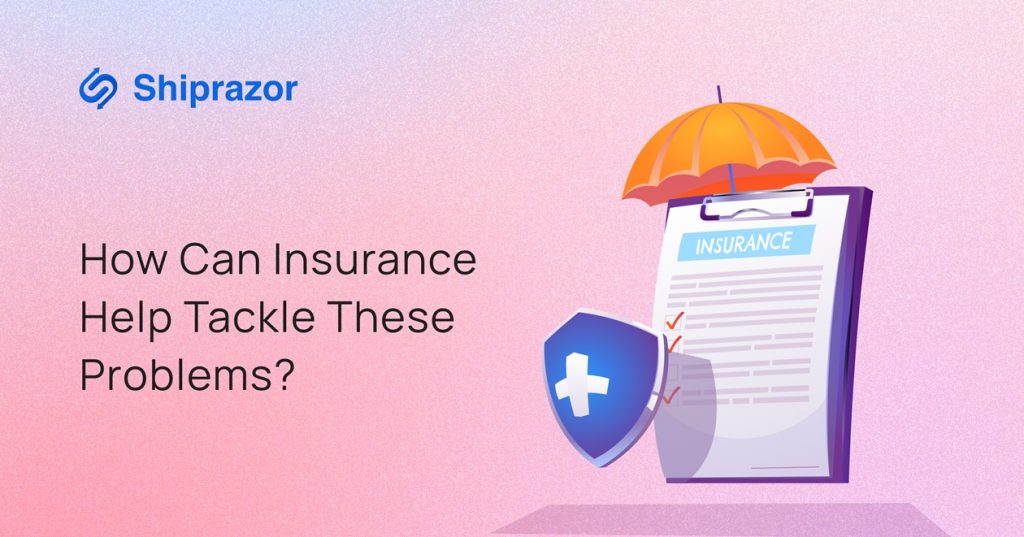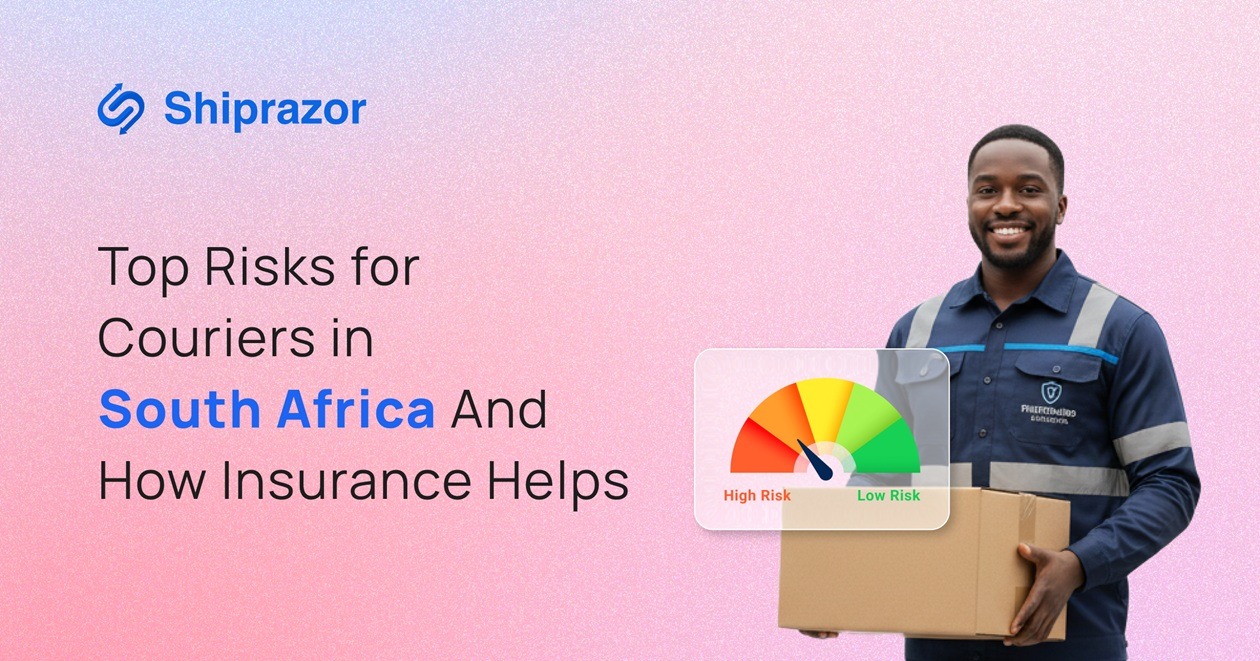With the growth of an economy, it also leads to a change in its Ecommerce scenario. A similar trend has been observed in South Africa over the past few years. The consumers’ expectations have changed, which has led to the advancement of mobile technology. While the number of couriers being shipped has increased, it has also led to a rise in the number of potential risks for small businesses and budding entrepreneurs. Therefore, every business needs to have insurance in place if it wants to continue to work with profitability and worker safety.
We will explore the risks that these companies can face and how a proper insurance service in place can help mitigate them. This also leads to the rise of proactive risk management within the company to avoid losses.
What Are Some Potential Risks For Courier Companies In South Africa?
Some of the risks for business organizations in South Africa include:
Financial Risks and Insurance Gaps
Some small companies and courier drivers fail to have proper insurance in place or have an insurance that does not include commercial activity. A person’s personal insurance would not account for when it comes to hired vehicles. Even the drivers might not fully disclose their business use to the insurers. This might result in a denial of claims at the time of an accident, and they might be held personally liable.
Robbery, Theft & Hijacking
With the rise in e-commerce in South Africa, the delivery vehicles and drivers have become more prone to theft and hijacking. Along the major corridors, there have been an increasing number of cases where the vans have been hijacked. Even the drivers can be subject to opportunistic delivery when they are delivering items of high value, such as electronic gadgets or jewellery.
This can lead to both direct and indirect losses for the company. Along with the theft of articles, they might also face reputational damage, delayed deliveries, and a higher insurance premium.
Road Accidents & Driver Injury
As the drivers are constantly on the roads, they remain prone to accidents, which can be caused due to collisions, traffic, or mechanical breakdown. The drivers who are on a two-wheeler, such as a motorcycle or bicycle, are more prone to such accidents. Other factors responsible for these accidents include the driver’s fatigue, distracted driving, and poor road conditions. The drivers might face a loss of working capacity, increased medical bills, and even liability if they have caused collateral damage in the process.
Operational Disruption
The delivery schedules can also be affected by factors that are outside the control of any business organisation, these include riots, route blockages, vehicle breakdowns, or civil unrest. This can lead to a breach of contract and increased dissatisfaction among the customers. Other factors can also include damaged infrastructure and civil disorder.
Personal Safety
The courier partners can also be lured into dangerous areas when they are out at late hours, and they can be prone to violence. This also raises concerns about providing the drivers with adequate safety training and equipment when they are out delivering at late hours. These might be contractual workers who often get little to no protection.
Loss of Goods
This is one of the main concerns for any business organization. Apart from thievery, the goods can also be damaged or lost due to loading/ unloading weather or shifting during transit. The goods can be stolen even after they reach their delivery destination. The couriers are often made liable for these goods, and it is mentioned in their service agreements as well.
Legal Risks Related to Licensing
The drivers might also be careless when it comes to following the regulatory laws. They might not carry safety equipment, and also operate without having a proper license in place. In such cases, the claims might be denied to the business, and they become subject to the fines imposed by the court. For contractual workers, the non-compliance with the labour laws can also lead to a fine for the company.
How Can Insurance Help Tackle These Problems?

The right insurance plan can act as a crucial component of the risk management strategy. It helps you meet liabilities, provides protection, and also helps in sharing the financial risk. It helps companies and individuals in dealing with unexpected liabilities and helps in their timely mitigation.
A good insurance policy covers the loss, theft, and damage of goods during transit. A good insurance policy will also clearly define the exact coverage and will help you make a choice. Apart from the goods, the insurance company also protects the vehicle. It covers expenses that can in incurred due to the potential damages and theft of your delivery vehicle. This helps in reducing the financial burden on the company.
In case of accidents, the insurance policies might also cover the medical bills of the driver, possible disability, and hospitalization. In case the driver has caused harm to a third party, including a pedestrian or nearby property, the insurance policy will help protect the company against the legal expenses.
Apart from the losses incurred due to accidents and thefts, your insurance policy might also cover losses due to non-violent activities. These might arise due to fraudulent employees and organized crime. These factors are often overlooked by companies, and they are now being covered by some insurance providers. They might also offer you certain legal packages that can help you cover the claims. They might include costs for driving training, licensing, and the roadworthiness of your vehicle.
Final Thoughts
With the rise of e-commerce opportunities in South Africa, they have also become subject to potential risks. They need to have a vital shield in place that can safeguard them from potential losses. Therefore, it is crucial to have the right insurance policy in place. A proper insurance plan needs to be combined with effective risk management by the employees of the company. They need to make use of the latest software and have the right maintenance systems in place in order to avoid potential losses and risks for the company.
For courier companies, an insurance policy can help ensure their longevity. It foster the trust of customers in the delivery ecosystem. Insurance policies will eventually become strategic differentiators for any courier delivery service that aims to survive and thrive in the global market.

